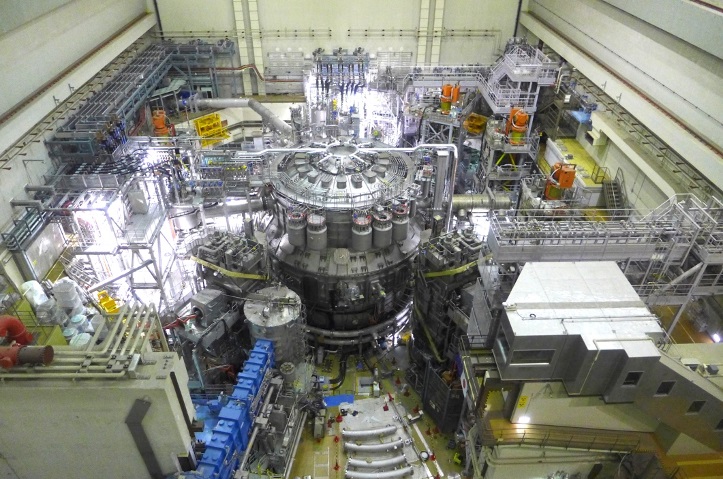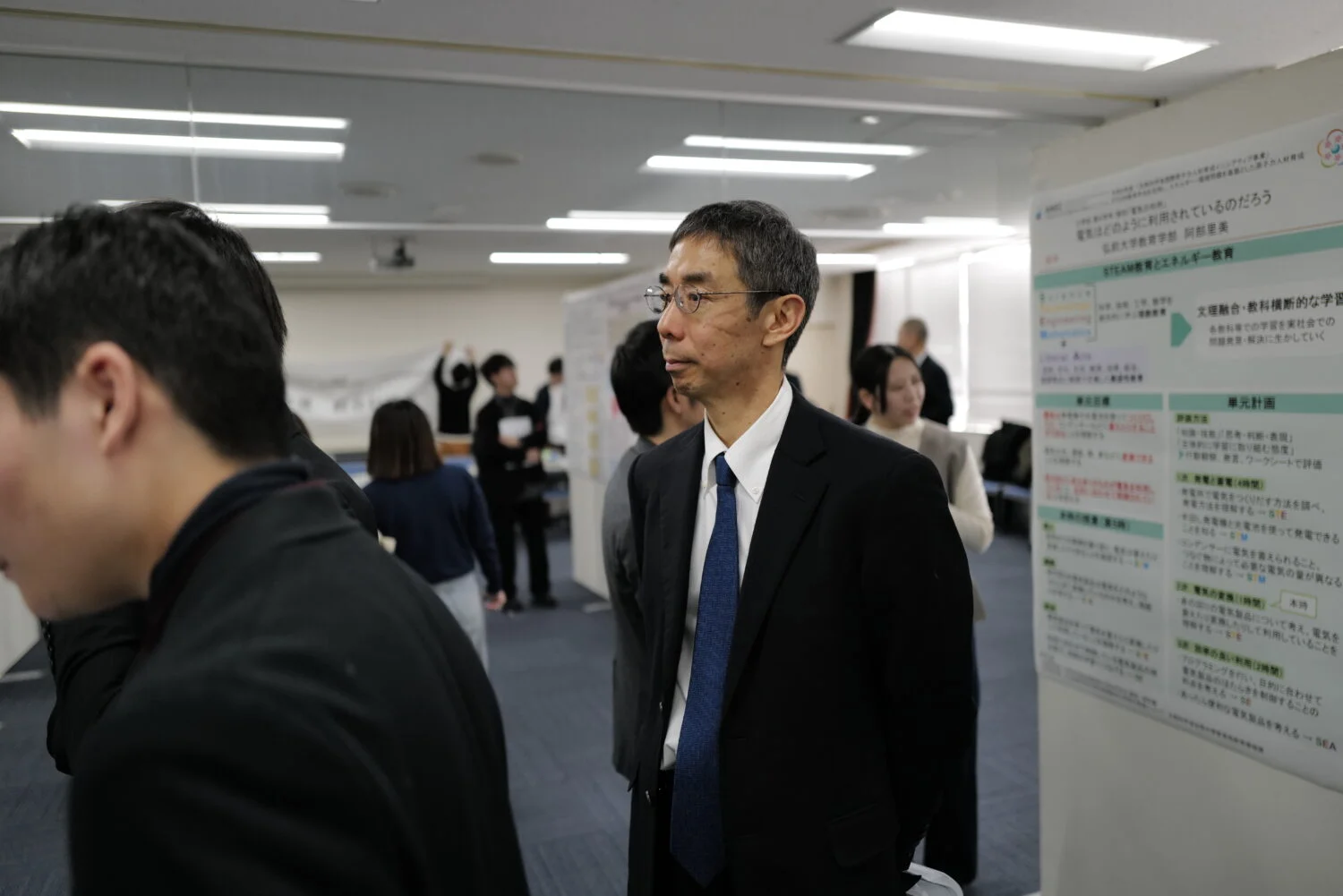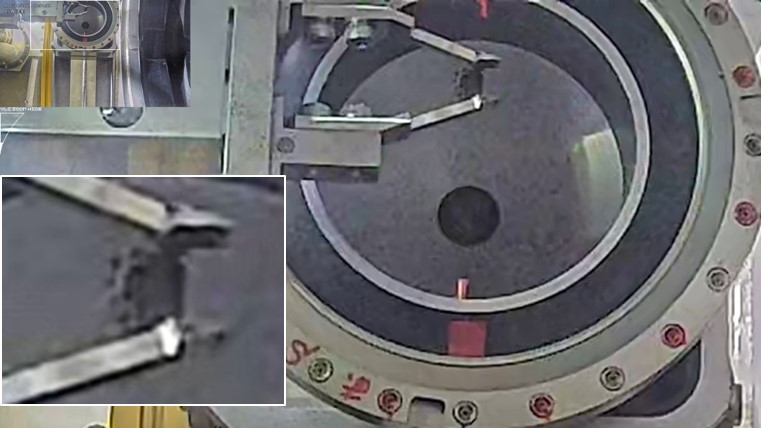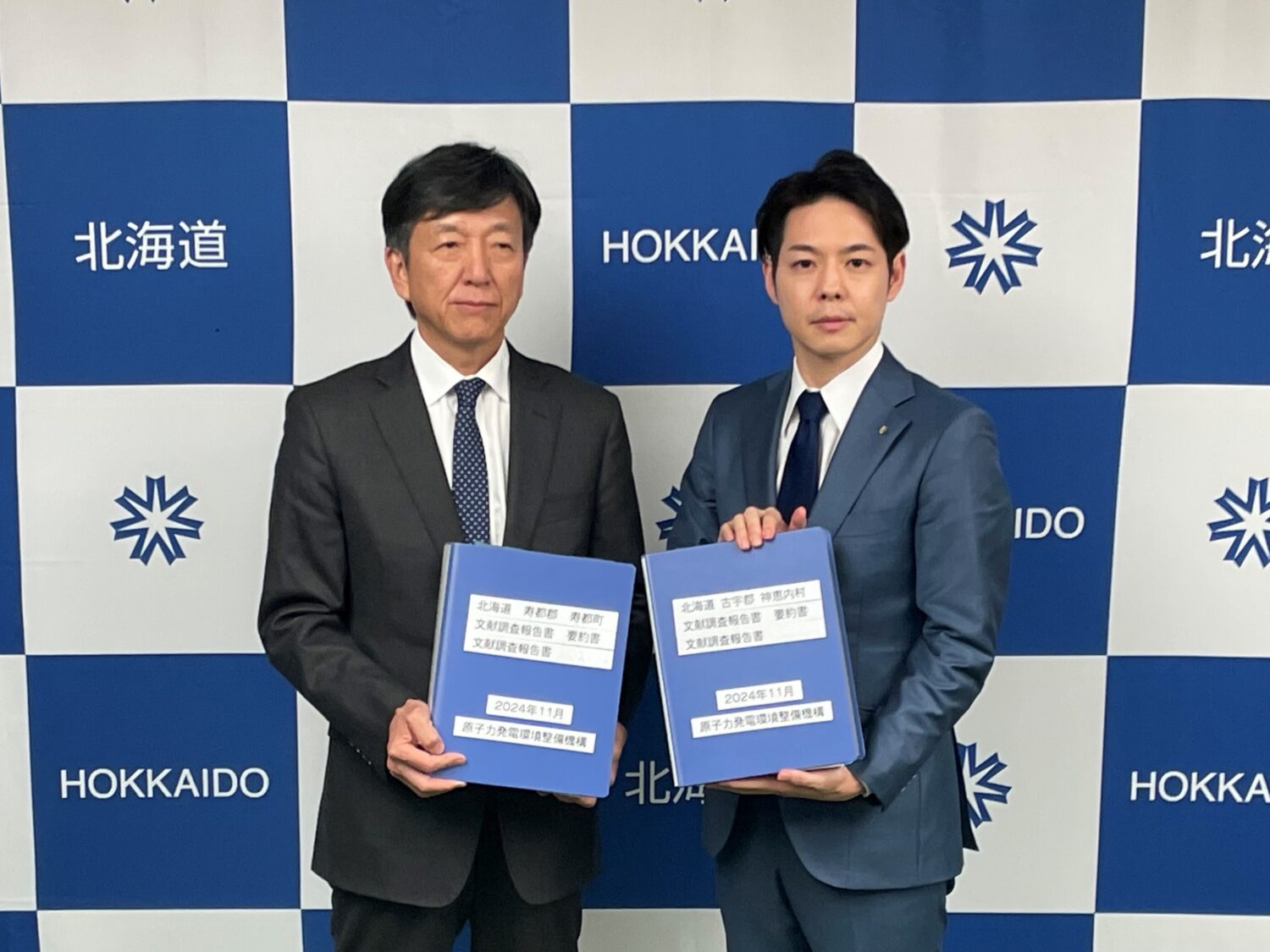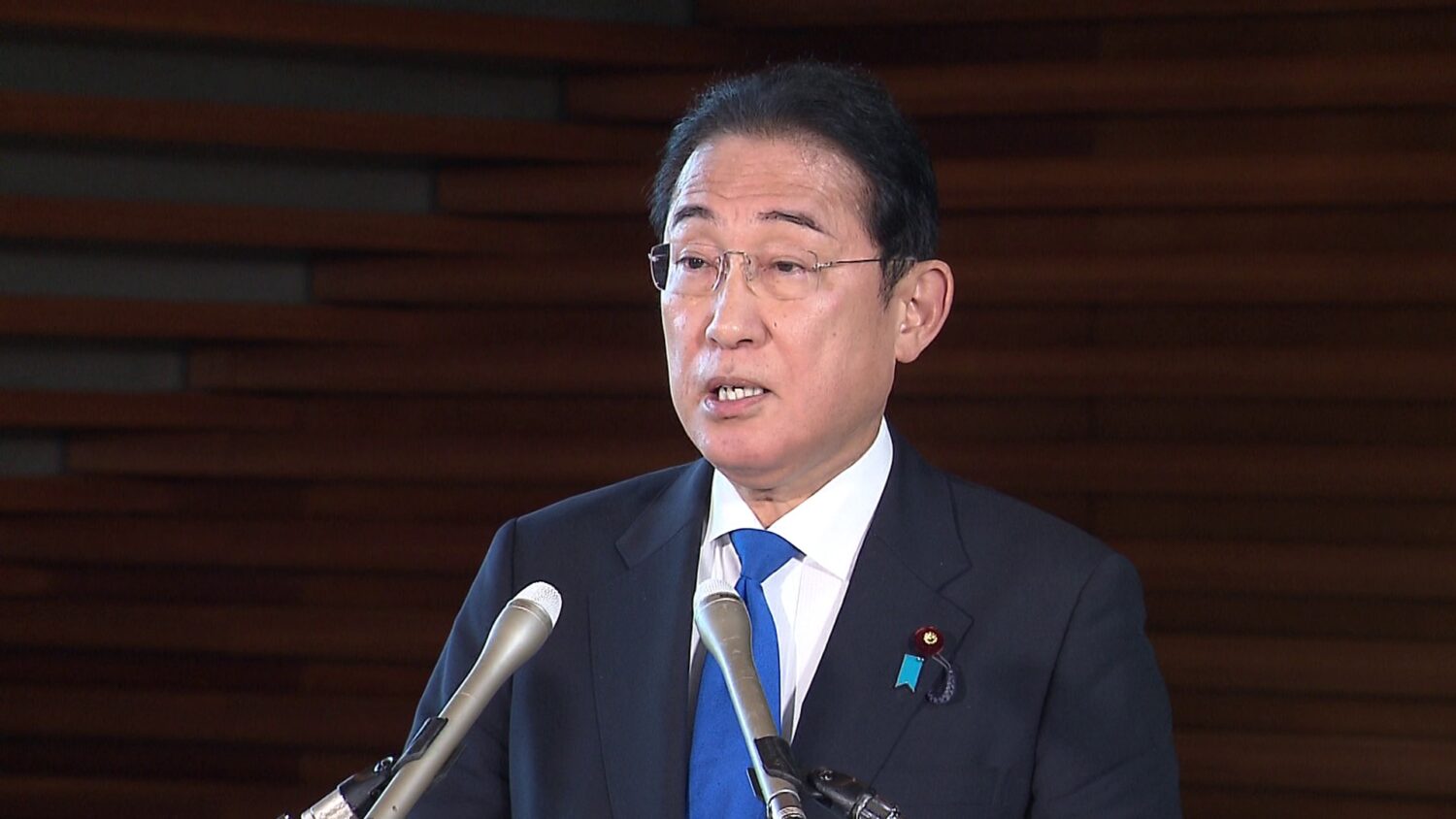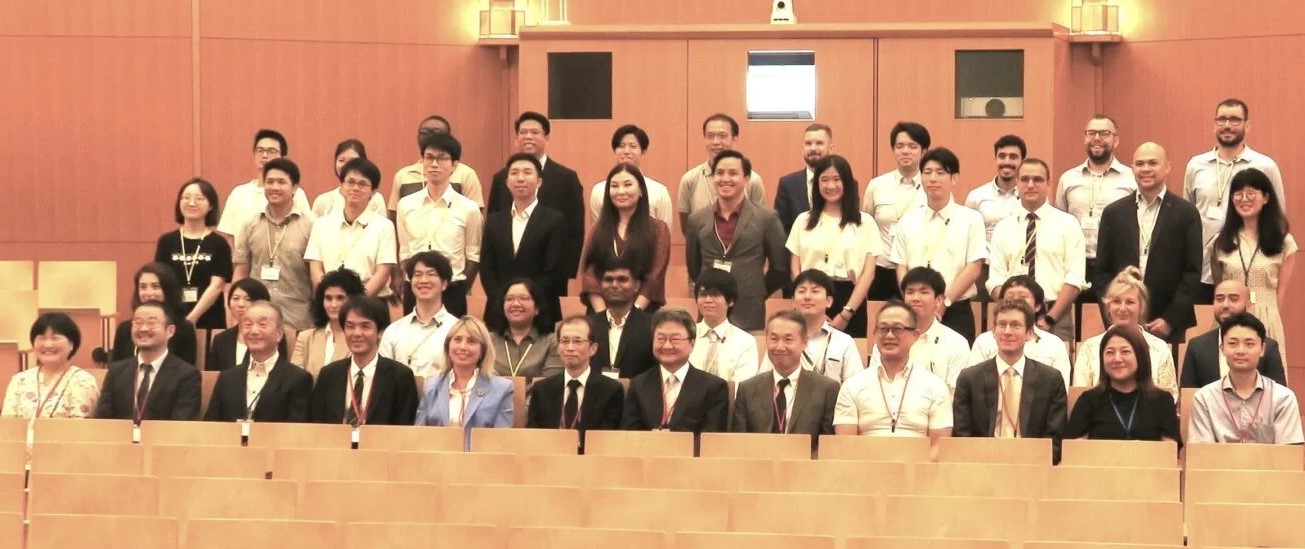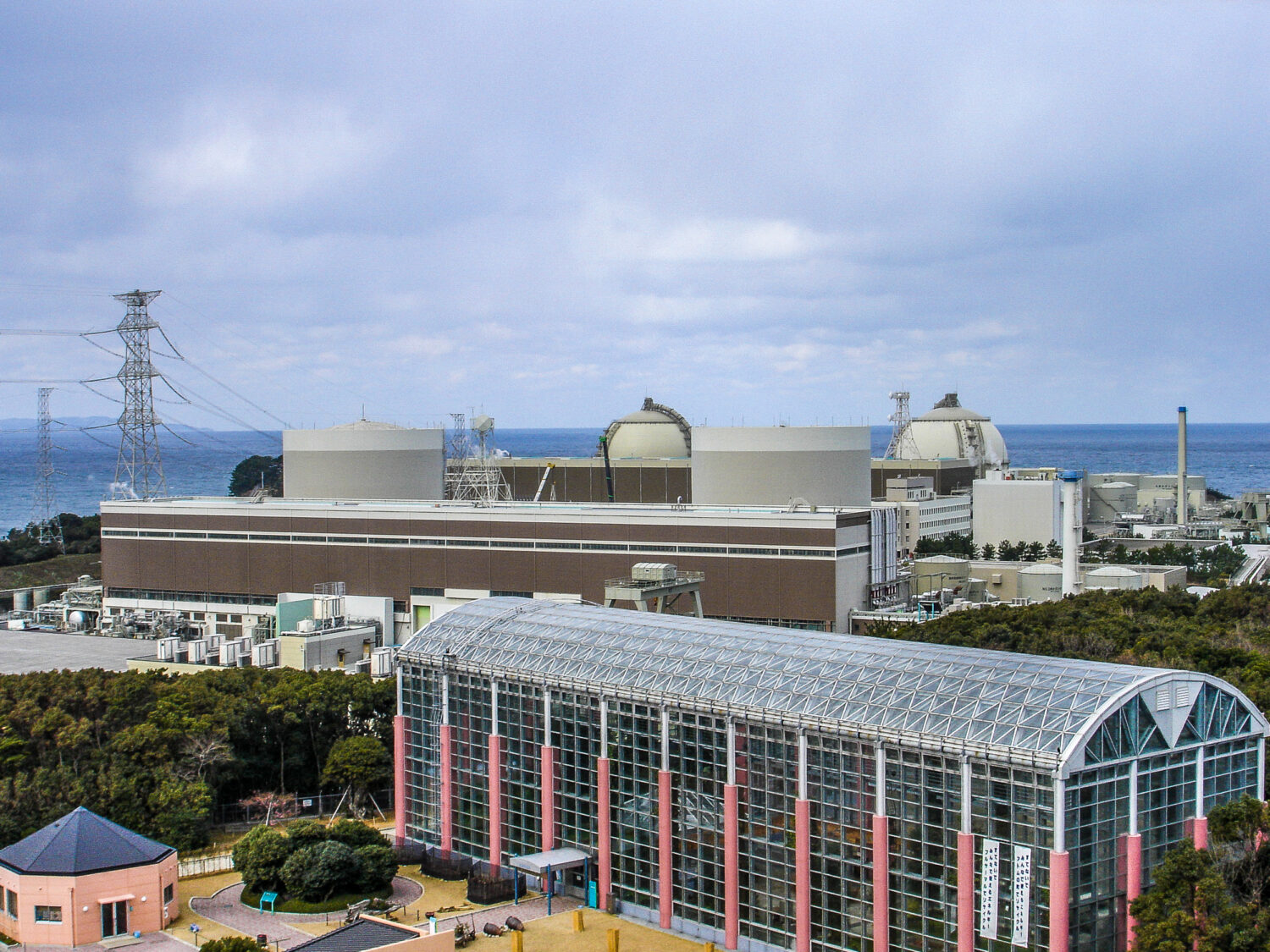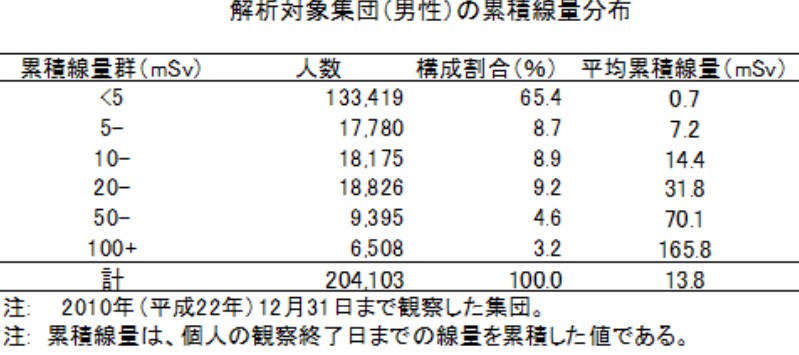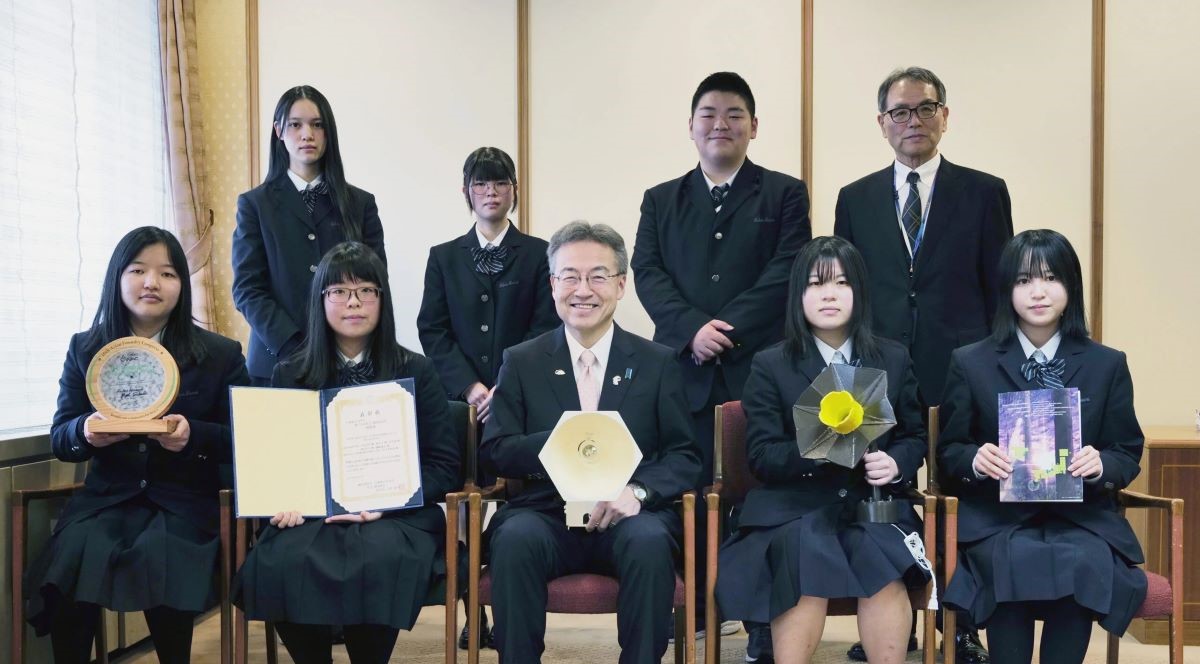Glioblastoma is the most aggressive of brain tumors. Infants and toddlers are generally unable to complain about headaches or dizziness, while for adults during their working lives, the symptoms are easily mistaken for autonomic dystonia caused by stress. Glioblastoma is difficult to diagnose and progresses very fast. It is highly infiltrative―borders between the cancer and normal tissues are unclear―making it difficult to remove by surgery, and with rehabilitative risks in recovery after surgery. For all those reasons, it is one of the most serious malignant neoplasms and among the most difficult to treat.
BNCT is a type of radiation therapy that pinpoints and kills cancers at the cellular level. Boron that accumulates only in cancer cells is delivered by agents, and neutrons whose energy has been adjusted are irradiated to the cell. Neutrons and boron react to generate alpha particles and lithium ions kill the cancer cells.
Interest is high in this new method for treating cancers that infiltrate normal cells and are difficult to treat by particle beam radiotherapy. Previous demonstrations had been done using a nuclear reactor, but a neutron system using an accelerator is being jointly developed by Kyoto University and Sumitomo Heavy Industries.
The University of Tsukuba has been quite successful with proton beam therapy. For the new BCNT, it will collaborate with the High Energy Accelerator Research Organization (KEK), located nearby, seeking synergy between element technology demonstrations and clinical trials.
According to the announcement by the university on February 26, the first BNCT procedure using an accelerator was on a primary glioblastoma patient. So far, five-year survival rates have been extremely low: only about 10 percent. Treatments combining surgery and radiation or chemo therapies suffer from significant levels of reoccurrence. BNCT is promising—subject to verifications of safety and of tolerance by the patients—as a treatment for malignant tumors in the most difficult locations that cannot be completely removed otherwise.
Upon the start of the treatments, SAKURAI Hideyuki, project leader and director of the Proton Beam Therapy Center of the University of Tsukuba, said that BNCT is a “challenging technology, promising against refractory cancers whose cures are never easy.”


